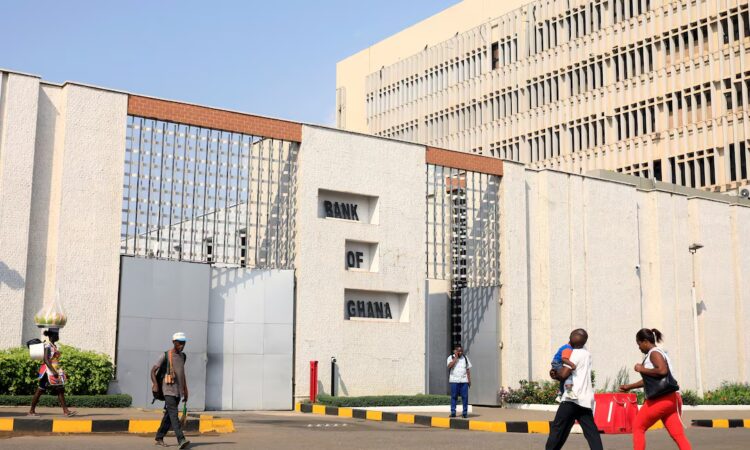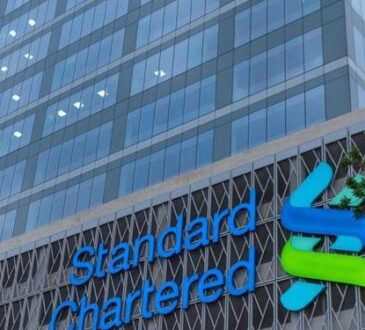
The Bank of Ghana (BoG) will commence its 119th Monetary Policy Committee (MPC) meeting on Tuesday, July 23, and conclude on Friday, July 26.
The meeting aims to review economic developments, including inflation and policy rates. The outcomes will be announced in a press conference on Monday, July 29.
During the previous MPC meeting, the Committee maintained the policy rate at 29 per cent. At the 118th MPC press conference on May 27, Governor Dr. Ernest Addison highlighted that efforts to curb global inflation had been hampered by rising crude oil prices, causing central banks to adopt a cautious monetary policy stance.
Dr. Addison reaffirmed the BoG’s commitment to stabilizing the cedi’s exchange rate, assuring that the Bank has adequate foreign exchange reserves to support the market.
He urged against speculative purchases, warning of potential economic losses when market corrections occur.
To enhance market conduct and ensure foreign exchange market stability, the BoG has collaborated with the Ghana Association of Banks to streamline documentation requirements for foreign payments. This move aims to reduce reliance on informal markets.
The Bank has also addressed the high demand for foreign exchange by absorbing the needs of some corporate institutions, thereby easing demand pressures on commercial banks.
The BoG is actively working with the Financial Intelligence Centre to curb illegal foreign exchange market activities and enhance compliance among foreign exchange bureaux. A task force has been established to monitor compliance, especially regarding the advertisement of rates outside bureau premises and on social media platforms.
Dr. Addison emphasized the importance of maintaining fiscal discipline to bolster economic confidence. He noted that expenditures had outpaced revenue growth in the first quarter due to the frontloading of IPP arrears payments.
Despite the recent depreciation of the cedi, the committee is optimistic about the macroeconomic outlook. The IMF-supported program has contributed to strong reserve build-up, significant disinflation, fiscal policy consolidation, positive current account balances, and progress in external debt restructuring, providing buffers to support the exchange rate.
The latest forecasts indicate a slightly elevated inflation profile due to recent exchange rate pressures and adjustments in transportation fares.
However, inflation is expected to remain within the monetary policy consultation clause of 13-17 per cent by the year’s end, contingent on sustaining a tight monetary policy stance and aggressive liquidity management operations.
Considering these factors, the Committee decided to maintain the Monetary Policy Rate at 29 per cent.







